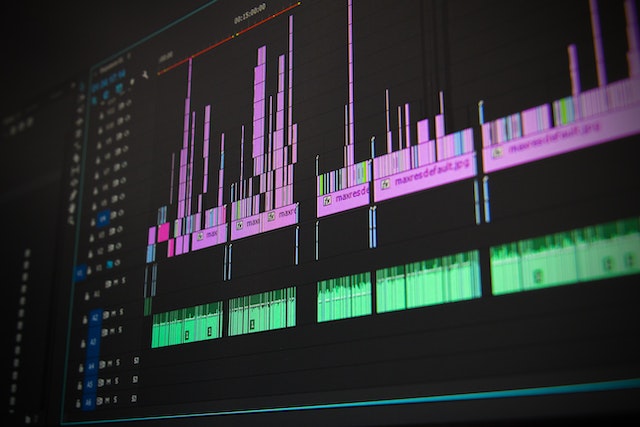Significant changes have affected the music industry over the past decade, largely due to advances in technology. From production to music distribution and everyday enjoyment, technology has disrupted the industry in numerous ways.
Let’s see how music has changed with an influx of new technologies and what to expect moving forward.
Tech Makes Music Possible for Everyone
One of the most significant ways technology has disrupted the music industry is through the democratization of music production. In the past, recording music was a costly and time-consuming process that required access to expensive recording equipment and professional recording studios.
However, with the advent of affordable home recording equipment and digital audio workstations, anyone can now produce high-quality music from the comfort of their own home. This has led to an explosion of new artists and genres, as well as a shift away from the traditional record label model.
Streaming Services Change the Game
Another way technology has disrupted the music industry is through the rise of streaming services. Services like Spotify, Apple Music, and Tidal have fundamentally changed how music distribution works. Instead of purchasing physical copies of albums or individual tracks, consumers can now access vast libraries of music for a monthly subscription fee.
This has had a significant impact on the music industry’s revenue model, as streaming services typically pay artists and labels a fraction of a cent per stream, which is far less than what they would earn from physical or digital album sales.
As a result, many artists and labels have had to adapt their business models to rely more heavily on touring and merchandise sales.
Social Media Alters the Landscape of Music
One unignorable way technology has disrupted the music industry is through the rise of social media. Platforms like Facebook, Twitter, and Instagram have made it easier than ever for artists to connect with their fans and promote their music. Social media has also given rise to a new generation of influencers and influencer marketing strategy who can use their platforms to promote artists and their music to their followers.
This has led to a new era of music discovery, where fans are discovering new artists through social media rather than traditional radio or television. In many cases, this means more engagement for artists and memorable experiences for fans as they can contact their favorite performers directly.
However, some artists shy away from personal interactions on social media, and high-profile individuals tend to use management teams to handle these online tasks. Regardless, social media has made music more impactful and personal for artists and fans alike.
Marketing, Promotion, and More
Technology has also disrupted the way music is marketed and promoted. Digital marketing techniques like search engine optimization (SEO), pay-per-click (PPC) advertising, and email marketing have become essential tools for promoting music online.
These techniques allow artists and labels to target specific audiences and track the effectiveness of their marketing campaigns in real time, allowing them to make data-driven decisions about how to promote their music. This also helps artists pick smarter music distribution methods that will lead to more engagement and sales.
There is more choice than ever in the world of music, but thanks to algorithms and online communities, it’s easy to find artists and like-minded people who share your passion for certain genres and movements.
Will AI Change Music Forever?
Another significant way technology has disrupted the music industry is through the rise of artificial intelligence (AI) and machine learning. These technologies have been used to analyze vast amounts of data about music consumption patterns, allowing artists and labels to better understand their fans’ preferences and behavior.
This, in turn, has led to more personalized recommendations and targeted marketing campaigns, which can help increase engagement and revenue.
Finally, technology has also disrupted the music industry by changing the way music is experienced. Virtual and augmented reality technologies are allowing fans to experience music in new and immersive ways, from virtual concerts to augmented reality music videos. These technologies have the potential to revolutionize the live music experience and create entirely new revenue streams for artists and labels.
What’s Next for Tech and Music?
Technology has disrupted the music industry in numerous ways, from democratizing music production to changing the way music is consumed and experienced.
While these disruptions have created new opportunities for artists and labels, they have also presented significant challenges. As the music industry continues to evolve, it will be essential for artists, labels, and other stakeholders to adapt to these changes and find new ways to thrive in the digital age.
Some will lament the “old days” of music when things were simpler, but like all industries, the wheels of technology and progress turn forward!












